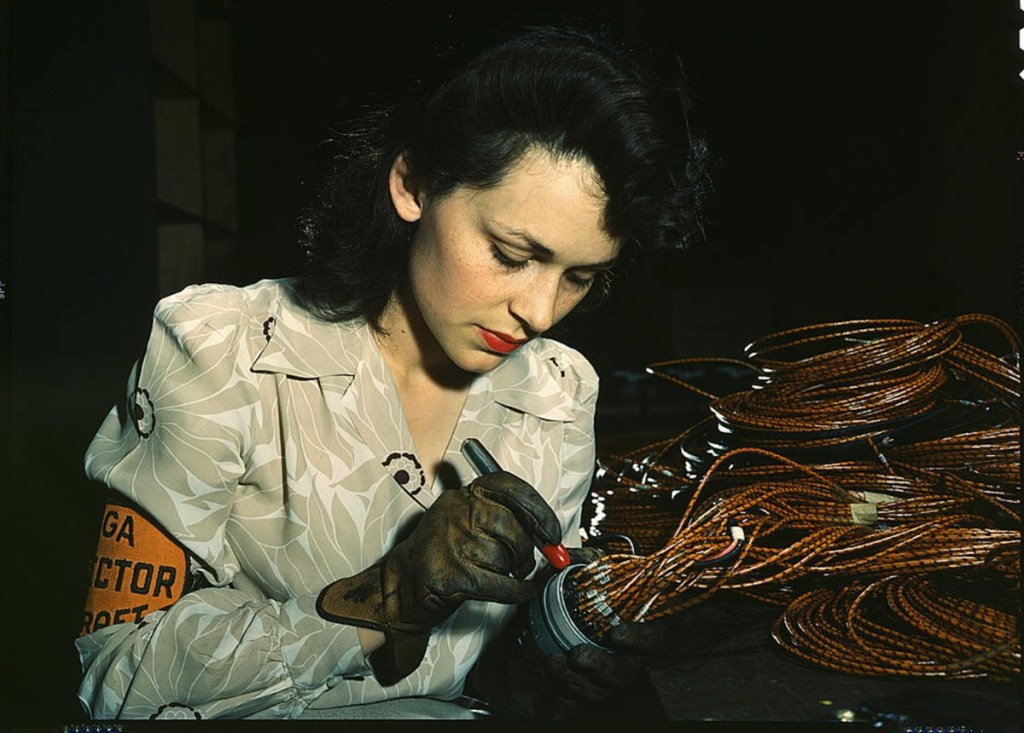Museums are keeping real world images safe for posterity. But what about digital images? Filecoin Foundation is stepping up today to preserve cultural artifacts in digital form using its decentralized network technology.
Filecoin Foundation (FF) today announced the addition of new cultural datasets to the Filecoin network from renowned organizations, including Smithsonian Institution, Flickr Foundation, Internet Archive, and MIT Open Learning.
With over 500,000 culturally significant digital artifacts now safeguarded on the network, Filecoin is redefining data preservation in an age where integrity, provenance, and robustness of information are more critical than ever, Filecoin said.
Modern innovation thrives on data; it’s an essential building block for advancement across industries, including artificial intelligence (AI). However, as the dependence on data grows, so do the risks of depending on centralized storage systems. Natural disasters, human error, and outages can jeopardize access to critical information, potentially threatening the preservation of culture and history, the company noted.
Decentralized networks like Filecoin are revolutionizing how data is stored, verified, and shared. Filecoin uses cryptographic proofs to ensure the integrity of data, verifying that files remain intact and unaltered over time. Filecoin distributes data across a decentralized global network, ensuring that information remains accessible even if parts of the network go offline.
The new datasets uploaded to Filecoin encompass a rich array of cultural and educational resources, ranging from some of the earliest audio recordings in history to a vast repository of photographs that capture the essence of human history. By leveraging decentralized storage infrastructure, these organizations are pioneering a new era of digital preservation, ensuring that invaluable resources are protected for future generations. Datasets new to the network include:

The Smithsonian’s National Museum of American History is working to upload nearly 300 digitized sound recordings from Alexander Graham Bell to IPFS and Filecoin. Famous for patenting the first practical telephone in 1876, Bell also pioneered recorded sound.
Experimental recordings from his Volta Laboratory in Washington, D.C., dating from 1881 to 1889, are some of the earliest recordings ever made. The surviving collection of about 300 records was considered unplayable until new technologies in the 21st century made it possible to hear them.
Flickr Foundation is contributing the 1,000 most viewed pictures from Flickr Commons, a 17-year old program focused on making photography collections from our cultural institutions more accessible to the public. Launched in 2008 with the Library of Congress, the Flickr Commons now includes over two million images from 120 cultural institutions around the world. The Flickr Commons 1k Collection includes photographs from the US National Archives, NASA, Library of Congress, and George Eastman Museum.
Internet Archive will upload the 2024 End of Term Web Archive to the Filecoin network alongside previous End of Term crawl data. Since 2008, the End of Term Web Archive project has captured and saved U.S. government websites at the end of presidential administrations. The project captures websites at three distinct points during the transition: before the election, after the election, and after inauguration. Internet Archive Canada will support the archiving of the Canadian federal government transition in 2025.

MIT Open Learning and OpenCourseWare (OCW) have uploaded selected content to the Filecoin network, including foundational courses like Single Variable Calculus and Introduction to Algorithms, and climate and sustainability topics like Urban Energy Systems and Policy and D-Lab Energy, to support the institution’s needs for robust tamper-proof archiving and alternative channels for distribution.
Starling Lab recently launched a 22-petabyte Filecoin storage node at the University of Southern California (USC) Libraries. Initial collections stored include parts of the USC Shoah Foundation’s Visual History Archive, including testimony from survivors of atrocities; multiple photojournalism projects; and 3D/VR scans of historical sites. Starling Lab is an academic research center based at Stanford and USC that specializes in securing the integrity of historical, legal, and journalism archives.
These organizations are working with Filecoin Foundation for the Decentralized Web (FFDW), Filecoin Foundation’s sister non-profit which works to further the decentralized web through education, research, and development.
“Our mission is to preserve humanity’s most important information,” said Marta Belcher, president and chair of Filecoin Foundation and FFDW, in a statement. “We are thrilled to collaborate with these institutions to ensure that culturally significant datasets are permanently preserved using robust decentralized storage systems.”

Filecoin Foundation remains committed to its mission of preserving humanity’s most important information. These new datasets highlight the transformative potential of decentralized technologies in preserving and accessing critical information, addressing the growing importance of data integrity, provenance, and longevity in today’s digital age.
Source link


